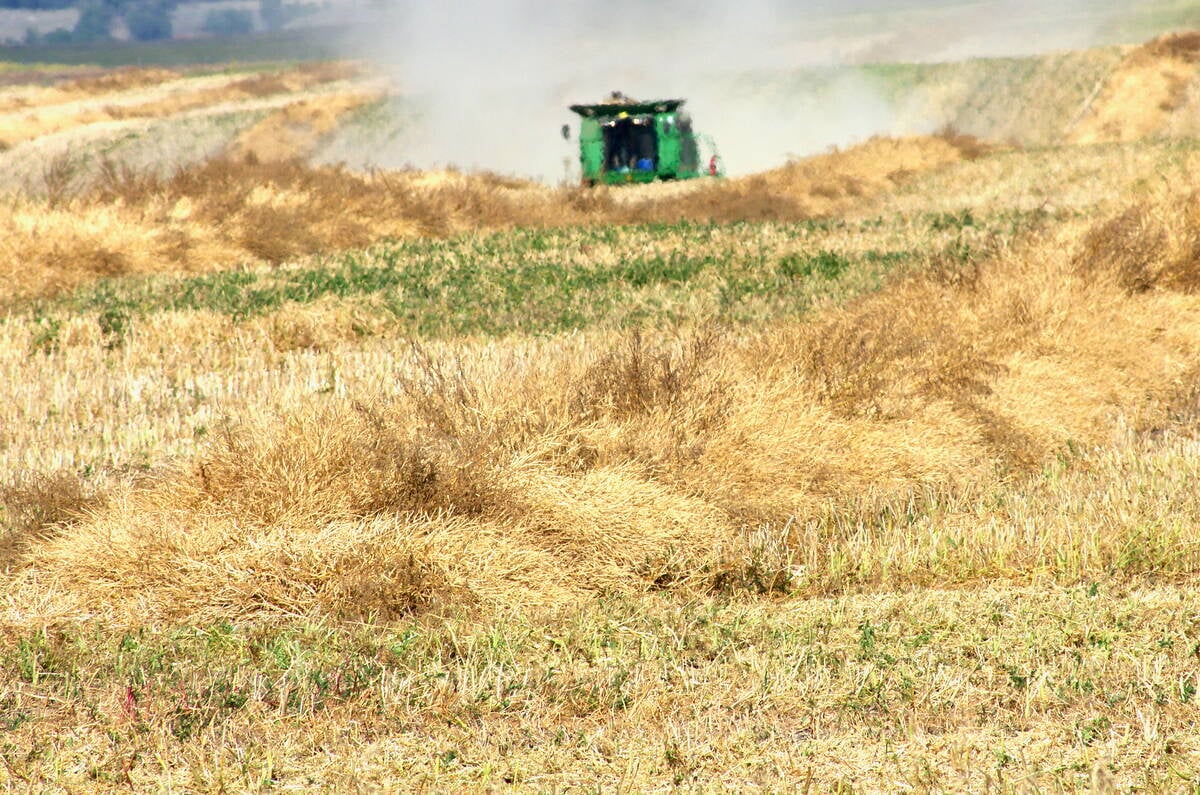Ethanol expansion could become the engine that drives a new wave of livestock expansion in Manitoba.
Husky Energy last month announced plans to build a $145 million ethanol plant at Minnedosa, Man. A byproduct of the venture will be 365 tonnes per day of distillers dried grain.
That volume could easily feed 200,000 head of cattle a year, said Larry Schweitzer, president of the Manitoba Cattle Producers Association.
“If we get the opportunity to get some of the byproduct from the ethanol plant at competitive prices, we have an excellent opportunity to use those byproducts in our rations, whether you’re a backgrounder, or a finisher or even a cow-calf operator.”
Read Also

Manitoba searches for Plan B on canola oil exports
A new report explores Manitoba’s current canola oil trade and possible alternative markets to the U.S.
Husky Energy indicated that the distillers dried grain from the new plant will be sold into local and export markets. However, Schweitzer said freight costs will limit how far the grain can be shipped before it becomes too costly for livestock feeders.
A major expansion of ethanol production is continuing in the United States, which could have a bearing on the price of the distillers grain from the new Minnedosa plant, he said.
The beef and hog industries both could benefit from the large volumes of distillers grain, said Manitoba Agriculture minister Rosann Wowchuk. One of the biggest opportunities she sees is for feedlot development.
“We will not only get the energy, the ethanol, but also a supply of feed for finishing cattle in the province.”
The new ethanol plant at Minnedosa could be in operation as early as the summer of 2007. It will produce 130 million litres of ethanol a year.
Meanwhile, the biodiesel industry is also starting to take hold in Manitoba.
Canola will be a common ingredient in making that fuel, which Schweitzer said presents the possibility of another byproduct that livestock producers could incorporate into their rations at a reasonable cost.














